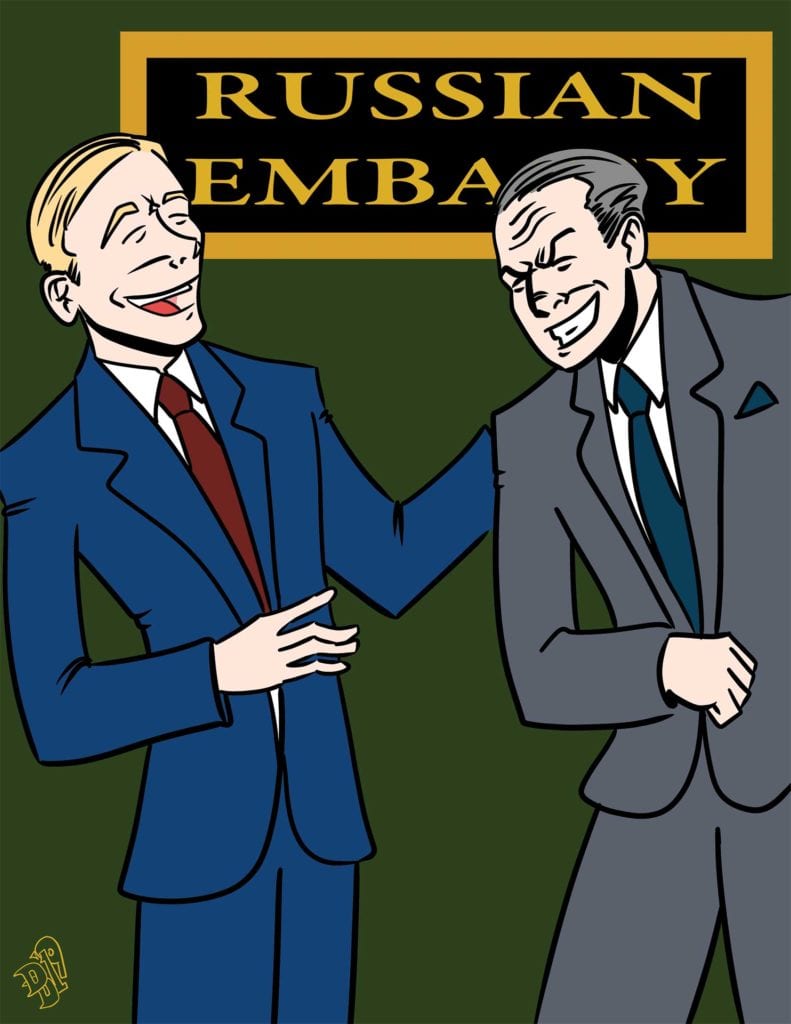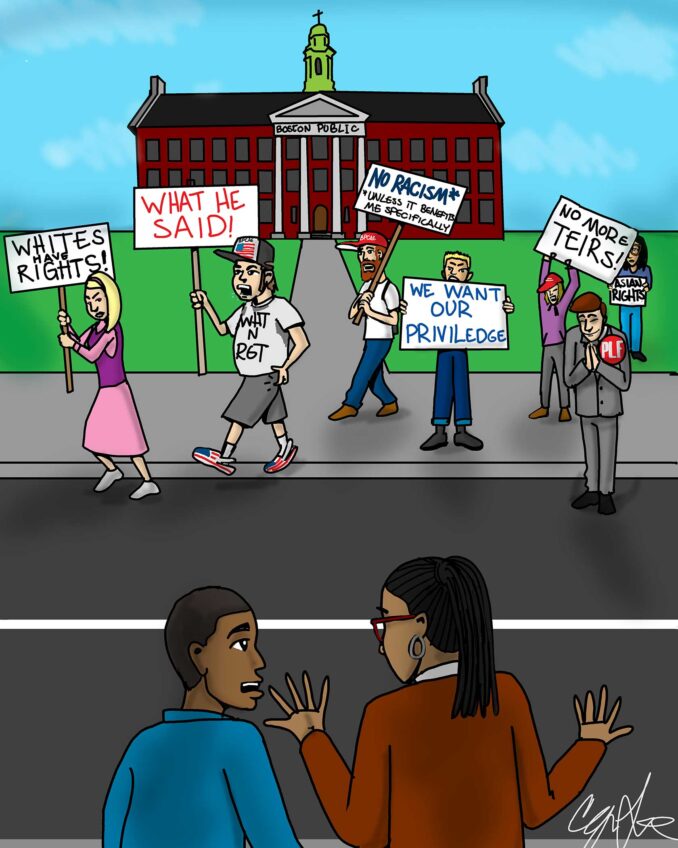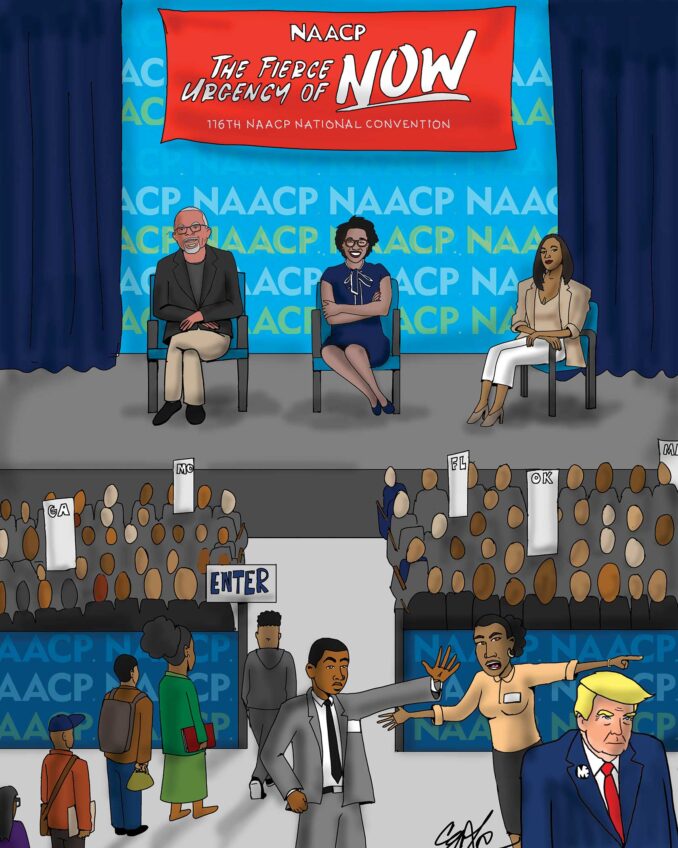
The traditional concept of war is for two or more armies to fire lethal weapons at one another in order to gain dominion over a specific geographic territory. However, technological advancements caused the military to revise some of the conventional strategies. With sophisticated cyber tactics, an aggressive nation could cause the collapse of another country’s electrical system or interrupt their communications. Therefore, the concept of war and treason have to be revised to accommodate the nature of current hostilities.
The so-called “Cold War” began as soon as World War II ended. Although Russia had been a wartime ally of the U.S. against Nazi Germany, the United States and the Union of Soviet Socialist Republics (USSR) became adversaries after the armistice. The battle was to determine which political philosophy would dominate in the developed world — communism or democratic capitalism.
A major international symbol of the Cold War was the Berlin Wall, built by Russia to isolate East Germany, which it controlled after the end of World War II. Joseph Stalin, the premier of Russia and leader of the USSR, an association of 15 countries, planned for the dominion of communism. However, when Nikita Khrushchev became premier in 1958, he acceded to the wishes of various members of the Soviet Union to become independent.
Smaller countries like the Baltic states of Estonia, Latvia and Lithuania gained independence with little conflict, but Ukraine was more difficult. Khrushchev had ceded Crimea to Ukraine. As a result, Ukraine’s size and strategic position later created a tactical problem for Vladimir Putin’s ambition to revive the stature of the USSR.
Now, 74 years after the end of World War II, Donald Trump’s conflict over Ukraine has its roots in the Cold War. Despite the fact that every American security agency has concluded after their investigations that Russia had digitally interfered with the 2016 election, Trump has insisted that Ukraine was at fault.
Indeed, Americans should have an unfriendly attitude toward a nation that plans to disrupt the country’s democratic process. That is something Russia has wanted to accomplish since the start of the Cold War. Rather than holding Russia responsible, Trump has developed the artifice that Ukraine is the villain, not Russia. Trump holds this point of view, even though there is no evidence to support Ukraine’s liability. Is it therefore treasonous for Trump to give “aid and comfort” to Russia by essentially excusing their cyber assault on the U.S. elections in 2016?





